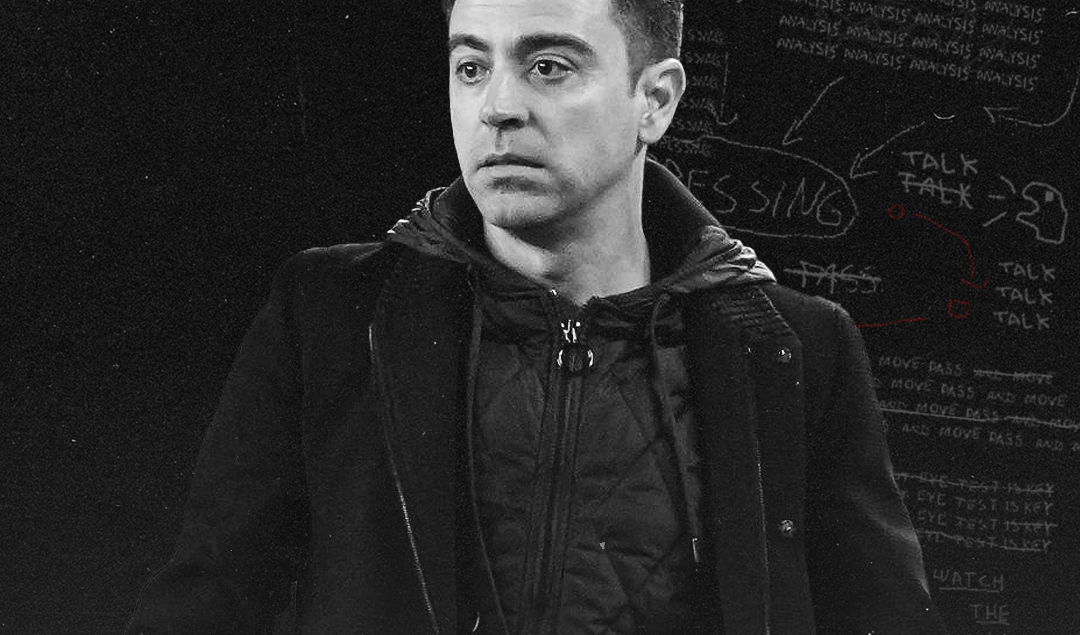How Xavi Has Transformed Barcelona Since Taking Over
The global pandemic cast a gloomy shadow over football championships, suspending leagues and undercutting revenues of top football teams like Barcelona (Barca). While things began stabilising after the sport resumed in 2021, unfortunately for Barca, this was not the case.
The Catalans lost their star player and living legend Lionel Messi to PSG over a situation many football fans never saw coming in their wildest dreams. Combined with their financial woes, Barcelona’s performance on the pitch had come up to no good. Bayern’s 8-2 defeat, among others, stained the team’s reputation. Fans could no longer take it, and neither could the debt-ridden board, which had been sunk deep by its President Joan Laporta.
The coach had to be fired, leaving club legend Xavi who had had a stellar career as Al Sadd”s manager, as the only option. He joined the team in April, and the rest is a history many pundits deem as Barca’s comeback. This article looks at How Xavi has transformed the team since taking over Barcelona.
Tactics
La Liga has always been a favourite for fans and sports bettors. This is partly because the performance of Barcelona and other teams like Real Madrid in the local and Champions League made betting on Spanish teams worthwhile. Xavi’s job was to bring back that fierce Barcelona. No doubt, the team seemed to have lost its Tiki-taka style of high press play.
As the new coach and one of the footballers with the longest career spans in Barcelona, Xavi had soaked that style of play. It was only left for him to impart it to the players. The best thing about Xavi’s Barcelona tactics is that they’ve been modernised to suit modern football and he draws inspiration from mentors like Pep Guardiola, Bielsa, etc.
Like these coaches, Xavi builds from the back with a centre back split, providing width and depth to support the positional play.
He also adds a twist to his 4-3-3 system, making it convenient to switch to other playing options during counter situations. With these tactics, it’s not surprising that Barcelona has been dominating La Liga’s possession charts this season.
Xavi’s tactics have also made deploying his players easier. For example, goal scorers move in deeper positions, enabling Barcelona to break high defences and create third-men runs which are, in his words is, ‘impossible to defend against.’
Staff
Barcelona’s poor performance can be ascribed to a lack of identity. It must be hard playing football without any inspiration.
Xavi realised this and sought to uplift the team spirit from all angles, including training sessions. First, he parted ways with all staff under Ronal Koeman but for José Ramon De la Fuente, who remains the goalkeeping coach.
Xavi also recruited Ivan Torres, a physical trainer who worked with Xavi at his previous club, Al Sadd. Furthermore, Xavi brought in two assistant coaches, Oscar Hernandez and Sergio Alegre, who helped him at Al Sadd. Also, the team now has four analysts in charge of watching match recording, reviewing games, and proving new strategies for improvement.
He personally asked for the return of Barcelona’s team doctor, who left the club in 2020 after 25 years of service. This is a doctor he can trust to ensure the Catalans are on top of healthwise. Together, Xavi has a competent management staff to support his new ideas and style of play.
Signings
Xavi’s transformation agenda has a lot to do with a Barca identity that fuels everything else. He holds on to this concept dearly, incorporating it into multiple decision-making areas, including signings. And guess who his first signing was? 38-year-old club legend Dani Alves.
Dani Alves left Barcelona in 2016, gathering 23 trophies under his belt in eight years since 2008. After short stints at Juventus and PSG, the Brazilian joined the home team, São Paulo.
News of Dani Alves hit mainstream media again when he led the Brazilian Olympics football team to a gold medal victory. Xavi tapped into the veteran’s shine, knowing he could help with his transformation agenda and cultural resurgence.
Barcelona’s January signings were no coincidence either. Xavi brought Adama Traore, who is on loan from Wolverhampton Wanderers. Traore started his career at Barcelona and is not entirely new to their traditional play.
In addition to Traore, Xavi also poached Ferran Torres from Manchester City and Pierre-Emerick Aubameyang from Arsenal. Both players are swift and fit Xavi’s Barca’s play. Together, these three forwards have contributed 14 goals and assists, topping it off with a six-game unbeaten run.
Also, note that Barcelona’s team is one of the youngest in this season’s La Liga campaign. A huge part of this is due to the club’s financial woes and injuries of vital players like Ousmane Dembele.
But Xavi has a growth mindset and an appetite for young talents. He benefited from Barcelona’s youthful academy program and now understands its value more than ever as a coach.
Under Xavi, many youth graduates made their debut, with 17-year-old Gavi and 20-year-old Nico Gonzalez establishing themselves as starters. Bringing in Ez Abde, Ferran Jutgla, etc., has given Xavi the flexibility to rotate squads and rest players, which is crucial for the team’s consistency.
Xavi and his men have become contenders in La Liga again, occupying the second position with about six games. Competing against Real Madrid’s quality for a trophy is not an easy battle. Whether they ease past Madrid or not, there is no doubt about Xavi’s impact on the team so far. And the future can only be brighter for Barcelona, the players, and their teeming fans.
By: Abbie Maguire
Featured Image: @GabFoligno / Pressinphoto / Icon Sport
